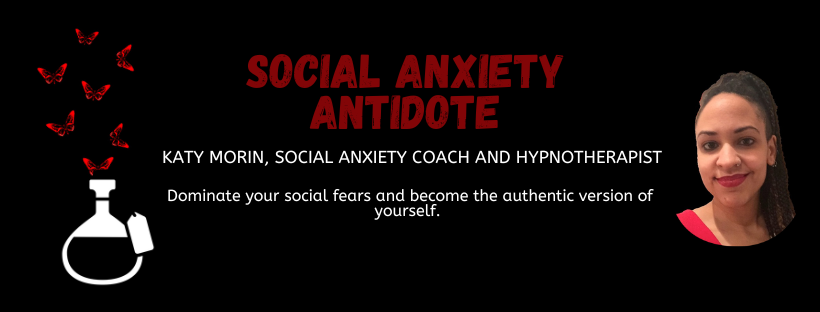The vagus nerve is crucial in regulating various bodily functions, including heart rate, digestion, and even social engagement. Some techniques and practices can help regulate its activity and potentially alleviate symptoms of social anxiety.
Here are a few strategies that may be beneficial:
1. Deep breathing exercises:
Slow, deep breathing can activate the vagus nerve’s calming response, which can help reduce anxiety. Practice diaphragmatic breathing by inhaling deeply through your nose, allowing your abdomen to expand, and exhaling slowly through your mouth. Try to maintain a steady, deep breath for at least two minutes. This type of breathing also increases feelings of positivity and well-being.
2. Meditation and mindfulness
Engaging in meditation or mindfulness practices can activate the parasympathetic nervous system, of which the vagus nerve is a part. Regular practice can enhance relaxation and reduce anxiety over time.
3. Cold exposure
Exposing your face to cold water or using cold packs can stimulate the vagus nerve. This activation may improve mood and reduce anxiety symptoms.
4. Exercise regularly
Regular physical activity can positively impact overall well-being, including mental health. Exercise has been shown to regulate the autonomic nervous system, including the vagus nerve, leading to decreased anxiety and improved mood.
5. Social engagement
Engaging in social activities gradually and consistently can help desensitize yourself to anxiety-provoking situations. Seek support from understanding friends and family, or consider joining social groups where you can practice social interactions in a supportive environment.
The vagus nerve is a critical part of the central nervous system, and its activation can help improve well-being by regulating various bodily functions, including mood and anxiety.
Le nerf vague est crucial dans la régulation de diverses fonctions corporelles, notamment la fréquence cardiaque, la digestion et même l'engagement social. Certaines techniques et pratiques peuvent aider à réguler son activité et potentiellement atténuer les symptômes d’anxiété sociale.
Voici quelques stratégies qui peuvent être bénéfiques :
1. Exercices de respiration profonde :
Une respiration lente et profonde peut activer la réponse apaisante du nerf vague, ce qui peut aider à réduire l'anxiété. Pratiquez la respiration diaphragmatique en inspirant profondément par le nez, en permettant à votre abdomen de se dilater et en expirant lentement par la bouche. Essayez de maintenir une respiration régulière et profonde pendant au moins deux minutes. Ce type de respiration augmente également les sentiments de positivité et de bien-être.
2. Méditation et pleine conscience
S'engager dans des pratiques de méditation ou de pleine conscience peut activer le système nerveux parasympathique, dont le nerf vague fait partie. Une pratique régulière peut améliorer la relaxation et réduire l’anxiété au fil du temps.
3. Exposition au froid
Exposer votre visage à l'eau froide ou utiliser des compresses froides peut stimuler le nerf vague. Cette activation peut améliorer l’humeur et réduire les symptômes d’anxiété.
4. Faites de l'exercice régulièrement
Une activité physique régulière peut avoir un impact positif sur le bien-être général, y compris sur la santé mentale. Il a été démontré que l’exercice régule le système nerveux autonome, y compris le nerf vague, entraînant une diminution de l’anxiété et une amélioration de l’humeur.
5. Engagement social
S'engager dans des activités sociales progressivement et régulièrement peut vous aider à vous désensibiliser aux situations anxiogènes. Recherchez le soutien d'amis et de membres de votre famille compréhensifs, ou envisagez de rejoindre des groupes sociaux où vous pourrez pratiquer des interactions sociales dans un environnement favorable.
Le nerf vague est un élément essentiel du système nerveux central et son activation peut contribuer à améliorer le bien-être en régulant diverses fonctions corporelles, notamment l’humeur et l’anxiété.

